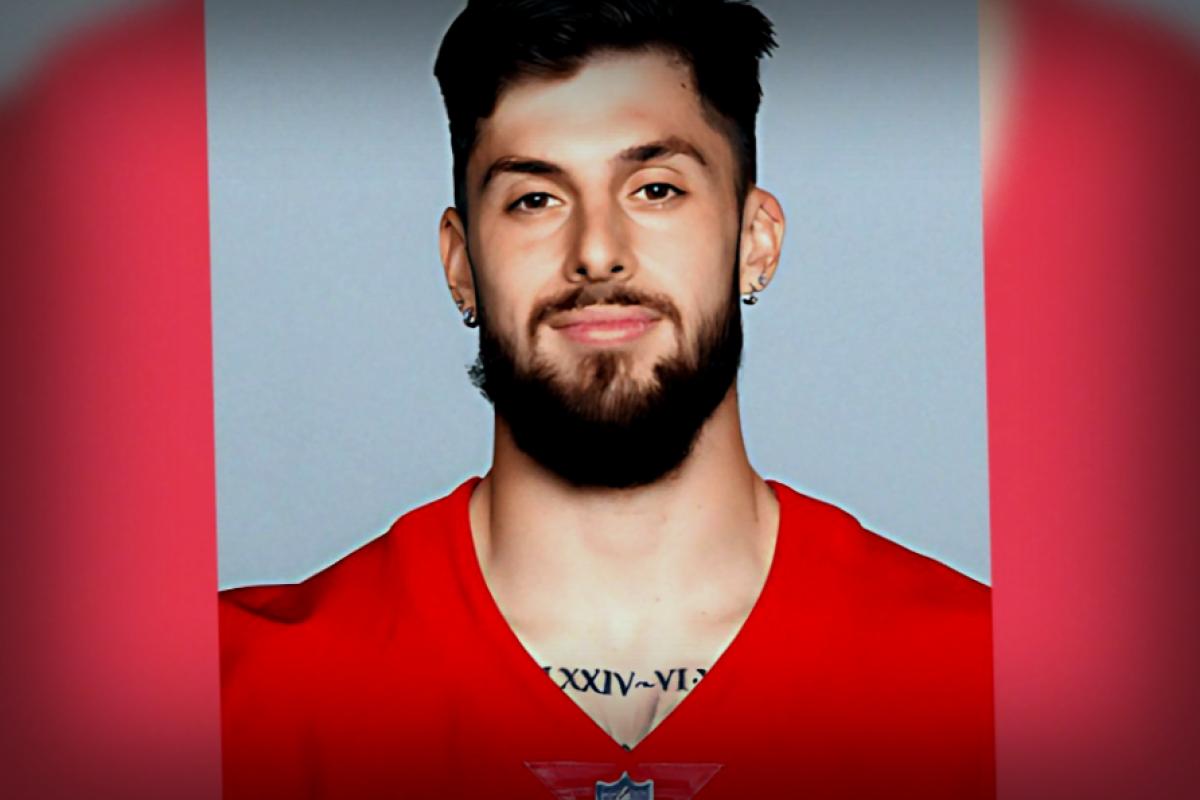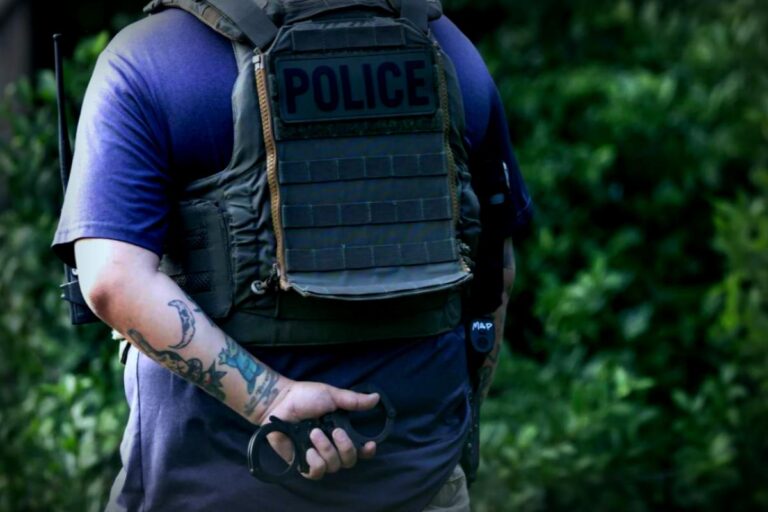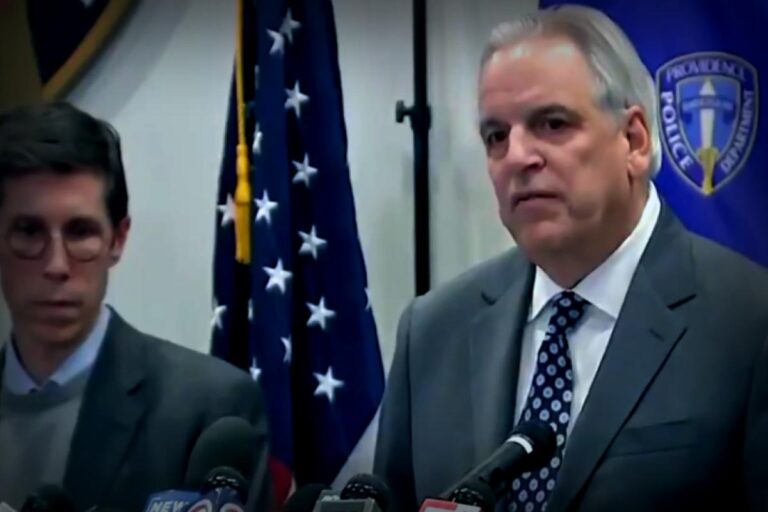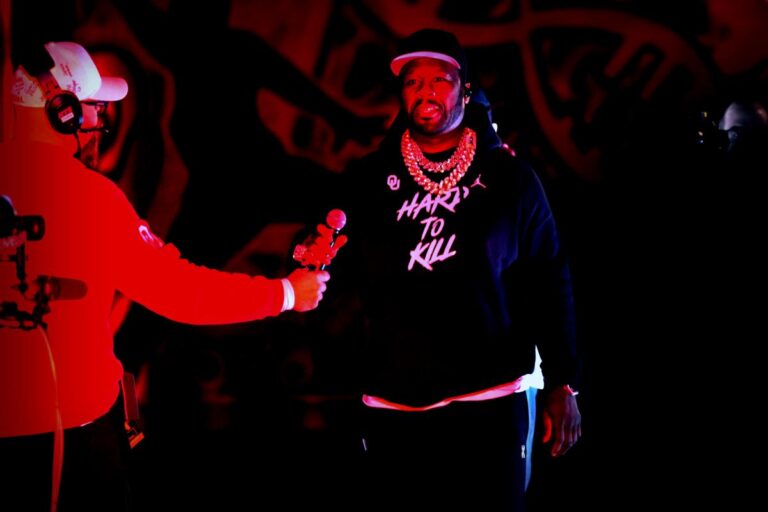A judge has made an important ruling regarding the teenager accused of shooting Ricky Pearsall, a wide receiver for the San Francisco 49ers, back in 2024. The case will stay in juvenile court, contrary to what prosecutors were hoping for.
The incident took place on August 31, 2024, while Pearsall was out shopping in Union Square, San Francisco. He was shot in the chest amid an attempted robbery, but thankfully, he survived the ordeal and was able to continue playing football.
The alleged shooter, identified as a 17-year-old male from Tracy, faced serious charges, including attempted murder and assault with a semi-automatic weapon. His identity has not been publicly revealed due to his juvenile status.
Prosecutors from the San Francisco District Attorney’s Office advocated for the youth to be tried as an adult, claiming that the rehabilitation offered by the juvenile justice system wouldn’t be enough. However, the judge rejected their argument.
Supporters of the teenager, including a probation officer and several teachers, testified about his educational progress and ambition to attend college, demonstrating his potential for rehabilitation since the shooting.
Public Defender Mano Raju expressed support for the court’s decision, emphasizing the importance of the juvenile system. He noted, “We set up juvenile court for a reason, and I believe today’s ruling highlights that every young person deserves a shot at rehabilitation.” He further mentioned how the teenager has made strides towards a more positive future with the right support.
To transfer a juvenile case to adult court, the state’s Welfare and Institutions Code requires thorough evaluations of the alleged crime’s seriousness, the minor’s past criminal record, and their rehabilitation prospects.
Concerns About Rehabilitation Effectiveness
The “secure track” program was created in 2021 as a less restrictive option than incarceration, as juvenile detention facilities were set to close. According to Deputy Public Defender Robert Dunlap, instead of transferring young offenders to adult facilities, there needs to be reform within the juvenile system itself to improve rehabilitation services. “If there’s an issue with the current offerings at Juvenile Hall, then we need to fix it rather than punish the child further,” he said.



















